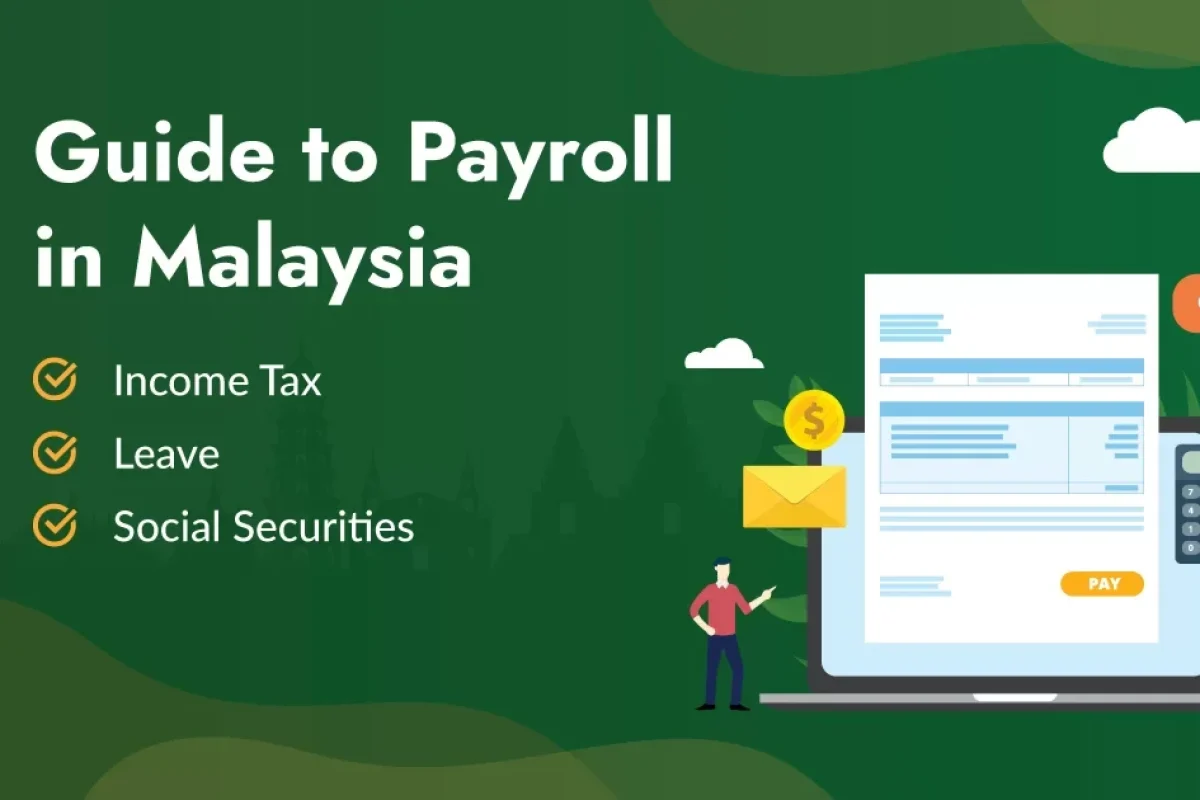Expanding your business into Malaysia? Welcome! Managing payroll in Malaysia requires understanding key regulations and ensuring compliance with various local laws and mandatory contributions. Here’s a guide for global employers to navigate payroll in Malaysia efficiently.
Onboarding Process: Step-by-Step Explanation
Step 1: Understanding the Salary Structure in Malaysia 💰
The salary structure in Malaysia includes several mandatory and optional components, each essential for compliance and employee satisfaction.
Component | Details | Mandatory/Optional |
|---|---|---|
Base Salary | Fixed compensation agreed upon in the contract. | Mandatory |
Overtime Payments | Payments for hours worked beyond the standard work hours. | Mandatory (regulated by the Employment Act) |
Bonuses | Typically includes a 13th-month payment or other performance-related bonuses. | Optional |
Social Security (SOCSO) | Contributions towards employee social security. | Mandatory |
Provident Fund (EPF) | Employee and employer contributions for retirement savings. | Mandatory |
Employment Insurance (EIS) | Insurance coverage for unemployment benefits. | Mandatory |
Outcome: A well-structured salary with mandatory contributions ensures compliance with Malaysia’s employment laws, promoting a competitive compensation structure to attract and retain talent.
Step 2: Income Tax Withholding in Malaysia 🧾
Income tax is deducted progressively based on employees’ earnings in Malaysia. The tax rates for residents vary from 0% to 30%, depending on income brackets. Non-residents are taxed at a flat rate of 30%.
Outcome: Accurate tax withholding according to Malaysia’s progressive tax rates ensures compliance with local tax regulations.
Step 3: Social Security Contributions (SOCSO) and Employment Insurance System (EIS) 
Employers must contribute to Malaysia’s SOCSO and EIS, which provide employee protection against occupational accidents and unemployment.
Type of Insurance | Employer Contribution | Employee Contribution |
|---|---|---|
SOCSO (for employees <60) | 1.75% of salary | 0.5% of salary |
EIS | 0.2% of salary | 0.2% of salary |
Outcome: Timely contributions to SOCSO and EIS help employees gain access to medical, disability, and unemployment benefits.
Step 4: Provident Fund (EPF) Contributions 💼
Employers must contribute between 12% and 13% of an employee’s salary to the Employees Provident Fund (EPF) for employees under the age of 60. Employees contribute 11%. The rate varies slightly for workers above 60 and for foreign workers, who are generally exempt from these contributions.
Outcome: EPF ensures long-term savings for employees’ retirement, aligning with legal requirements.
Step 5: Payroll Cycle and Timing 📅
Payroll in Malaysia is generally processed monthly, with payments made at the end of the working month. Employers must ensure timely payments to avoid any penalties or disputes.
Outcome: Adhering to the monthly payroll cycle ensures smooth operations and satisfied employees.
Step 6: Paid Leave and Public Holidays 🌴
Paid leave entitlement in Malaysia increases with years of service. Employees are entitled to a minimum of 8 days of annual leave in their first two years of employment, which increases to 12 days after two years and 16 days after five years. Additionally, employees are entitled to 11 paid public holidays per year.
Outcome: Proper management of leave entitlements ensures compliance and boosts employee morale.
Step 7: Payroll for Foreign Employees 🌍
Foreign workers are generally exempt from EPF contributions but must still contribute to SOCSO if applicable. It’s crucial to ensure that all work permits and visas are in order to avoid penalties and complications.
Outcome: Compliance with payroll and visa regulations for foreign employees ensures a seamless hiring process for global employers.
Step 8: Payroll Compliance and Reporting 📊
Employers in Malaysia must adhere to strict payroll compliance, including monthly remittances of taxes and contributions to SOCSO, EPF, and EIS. Records must be maintained for audit purposes, and annual tax reconciliation is due by the end of the fiscal year.
Outcome: Accurate and timely reporting of payroll and tax information ensures that businesses avoid hefty fines.
Conclusion: How GlobainePEO Can Help with Payroll in Malaysia🌐
GlobainePEO specializes in managing all aspects of payroll in Malaysia, from calculating and withholding taxes to ensuring timely social security and housing fund contributions. By partnering with GlobainePEO, you ensure full compliance with Malaysia’s payroll regulations, streamline your payroll processes, and focus on expanding your business with confidence.

